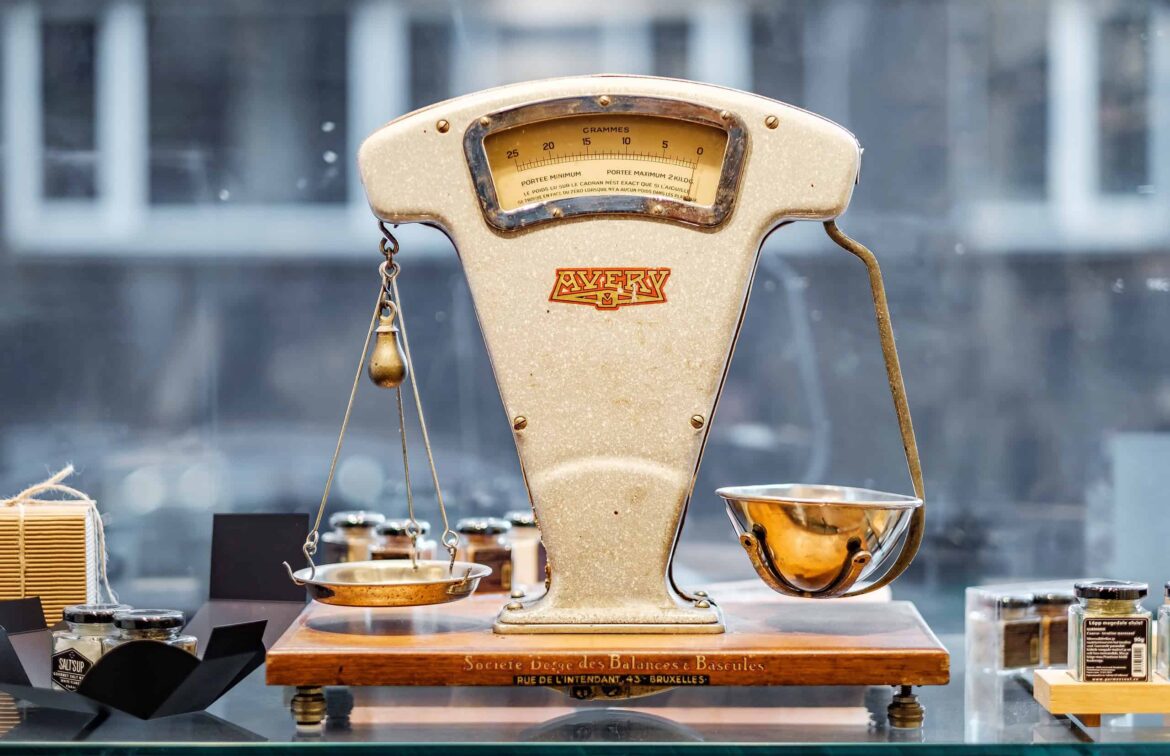RENTING VERSUS OWNING
Key considerations in order to properly compare renting versus buying your home
One of the most commonly held real estate myths is that renting is a waste of money or that – alternatively put – the only people who rent are those who can’t afford a home. The wealthy renter, however, is a real concept. Renting provides a variety of benefits, both tangible financial benefits, such as reduced monthly expenses, and intangible benefits, such as the increased lifestyle flexibility made possible by month-to-month leases. By being aware of the key considerations and differences between renting and buying, you will be able to make a more informed decision and more accurately compare your options.
Don’t Compare Renting vs. Buying for Homes You Can’t Afford
This is a necessary first disclaimer before diving into this article. In Ontario, you need a minimum of 5% available for a down payment for any property under $500K, while homes priced above $1.5MM require at least a 20% down payment. Above and beyond the down payment, you will need additional savings to pay for closing costs such as land transfer tax and legal expenses. If you don’t have the savings necessary to purchase a property, then comparing renting versus buying is not particularly helpful. Rather, the first step in owning a home is building out a personal budget and savings plan. Once you are in a position to buy properties up to a certain price, you can consider whether comparable rentals are better suited to your personal situation. Get in touch with your bank or realtor to better understand what you can afford and check out my article on budgeting best practices here.
Cost of Living differs between Renting and Buying
When comparing a rental versus a property for sale, you need to compare apples to apples. When renting, all of your rental expenses are simply that: expenses. They do not build equity for you in the home over time, which is why many people believe renting is a bad way to spend your paycheck. When you own your home, your cost of living includes not only expenses but mortgage repayments. This is the first consideration you must account for, as the portion of your mortgage payment that is not interest builds equity for you over time and therefore should not be compared to a rental cost of living. Mortgage interest, however, is an expense that should be compared to rental cost of living.
The second consideration is that expenses when owning a home are drastically different than rental expenses, which are more predictable. Many people do not properly account for all ownership expenses when comparing renting versus buying, most notably property maintenance costs, which are difficult to predict, different for every property, and often large in nature. When compared to renting, which is typically a fixed monthly payment plus utilities, owning your home can be significantly more expensive on an annual basis, limiting your ability to save and re-invest your earnings. Being “mortgage poor” means that your lifestyle will be different, both in regards to discretionary spending like trips and restaurants and investment spending like buying stocks, bonds, and businesses. Everyone is different, so you will need to reflect on how important your lifestyle and entrepreneurial pursuits are when considering renting versus buying. Alongside your base monthly rent, you will need to include utilities expenses (hydro, heating, etc.) and tenant’s insurance, if applicable, into your rental cost of living. On the ownership side, cost of living includes property taxes, home insurance, repairs and maintenance, utilities expenses, as well as mortgage interest and condo fees, if applicable. By excluding mortgage principal repayments, you can compare annual cost of living on an apples to apples basis. See below for an example of two hypothetical properties: one is a rental and the other is a comparable condo listed for sale.

The Intangible Benefits of Renting
There are two main intangible benefits of renting: flexibility and peace of mind. When renting, you can seek out a variety of lease options that meet your unique needs, such as a short-term sublet or standard 12-month lease. For most standard leases, rent shifts to a month-to-month basis after the first year, allowing a tenant to quickly act on any new opportunities, be it career changes, travel aspirations, or a suitable home available for sale. This premium offered by renting is different for each person, but it should not be understated. Over the past 5 years, home prices across the country have drastically increased, with many homeowners – myself included – opting to sell and rent for the time being. After buying my first house in London in November 2018, I sold my property in April 2022 and have been renting since then. It has worked well for my personal life, simplified my annual budget, and allowed me to stay financially flexible for a good opportunity to buy my next home.

The second intangible benefit, peace of mind, relates to the structured nature of most residential leases. Rent is the same amount every month and annual rent guidelines limit the amount your rent can go up the following year. This is drastically different than the ownership side of the equation, especially if your mortgage is variable. With interest rate increases as we’ve seen over the past year, holders of variable rate mortgages have seen their monthly payments steadily increase, and regardless of which way interest rates move, this fluctuating amount will make your personal budget less predictable. On top of this, buying your home means you will have to spend money every year on repairs and maintenance, an obligation that does not apply to most renters. Depending on the specific home and location, repair costs can be significant and unexpected, placing a greater stress on the homeowner or landlord. Renters do not need to consider these expenses in their annual budgeting, allowing them to take greater risks on personal investments or budget more confidently for trips and personal entertainment. If you’re debating whether to buy or rent, you need to consider how important these intangibles are to you in addition to the cost of living comparison. For example, if you are handy at home renovation and repairs and don’t mind this type of work, your property management expenses will be lower than someone who needs to pay a third-party for such services, making home ownership more valuable to you in the long-run.

Buying tends to Outperform Renting in the Long-Run
Over the long-term, Canadian real estate has consistently increased in value. While there are some time periods where prices decline, like what we have seen since March 2022, home prices are generally more expensive 5 years down the road. Going back to the start of 1980, the median 5-year price increase for Canadian residential homes is around 30% (CREA Stats Centre).
Regardless of how much prices have gone up in your market since you purchased your home, the big thing to keep in mind is that owning a home typically involves a mortgage, which acts as leverage for your financial returns. If you have $200K in savings and the bank lends you the remaining $800K to finance your home purchase, you’ve purchased an asset that is worth roughly one million dollars. In 5 years’ time, a 30% gain on one million is $300K. However, if you chose to rent and grew your $200K in savings at the same 30%, your 5-year gain is only $60K. This concept of leverage – the use of debt to enhance your investment returns – is the primary reason why owning your home tends to generate greater long-term wealth than renting. If your personal life is stable, you expect to live in the same place for the foreseeable future, and you are not entrepreneurial, buying is likely the smart choice for you. The main caveat here is that most renters do not put their savings into investments that use debt, whereas almost every Canadian homeowner will take on a mortgage. If you’ve found a suitable rental that has a cheaper cost of living than a comparable property for sale, renting can allow you to purchase a business with the money that would be needed for your home down payment. In this scenario, subject to the success of the business and amount of debt taken on to purchase it, the renter could build wealth at a similar or faster pace than had they purchased the home.
All things considered, renting can be a great alternative to buying a home. To compare properties available for sale to those available for rent, you can take advantage of our Rent-versus-Own Calculator, which is free to download on Excel. As with any forecast, the accuracy of your inputs (cost of living expenses, mortgage rate, growth rate of personal savings, growth rate of home price, etc.) can greatly swing the financial benefit between renting versus owning. Speak with your financial advisor, realtor, or reach out directly if you have any questions as to how to find good sources for property expenses and other necessary inputs in order to properly compare the two options.
RENT VS OWN CALCULATOR
Want to compare a rental listing to a similar property for sale? With our worksheet, simply add in the relevant details (rent price, sale price, down payment, etc.) in order to compare the two options on both a cost of living and total return basis.

